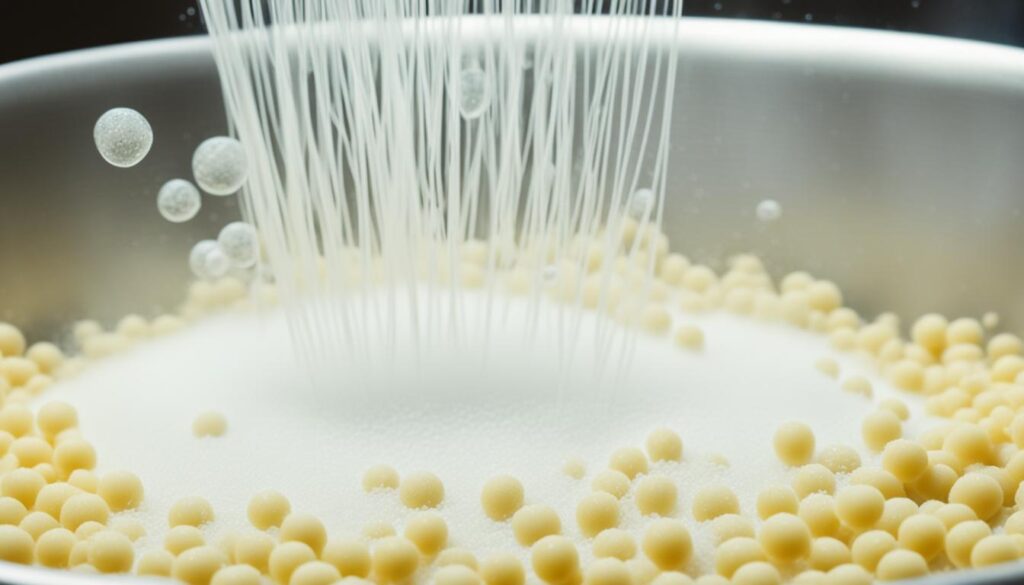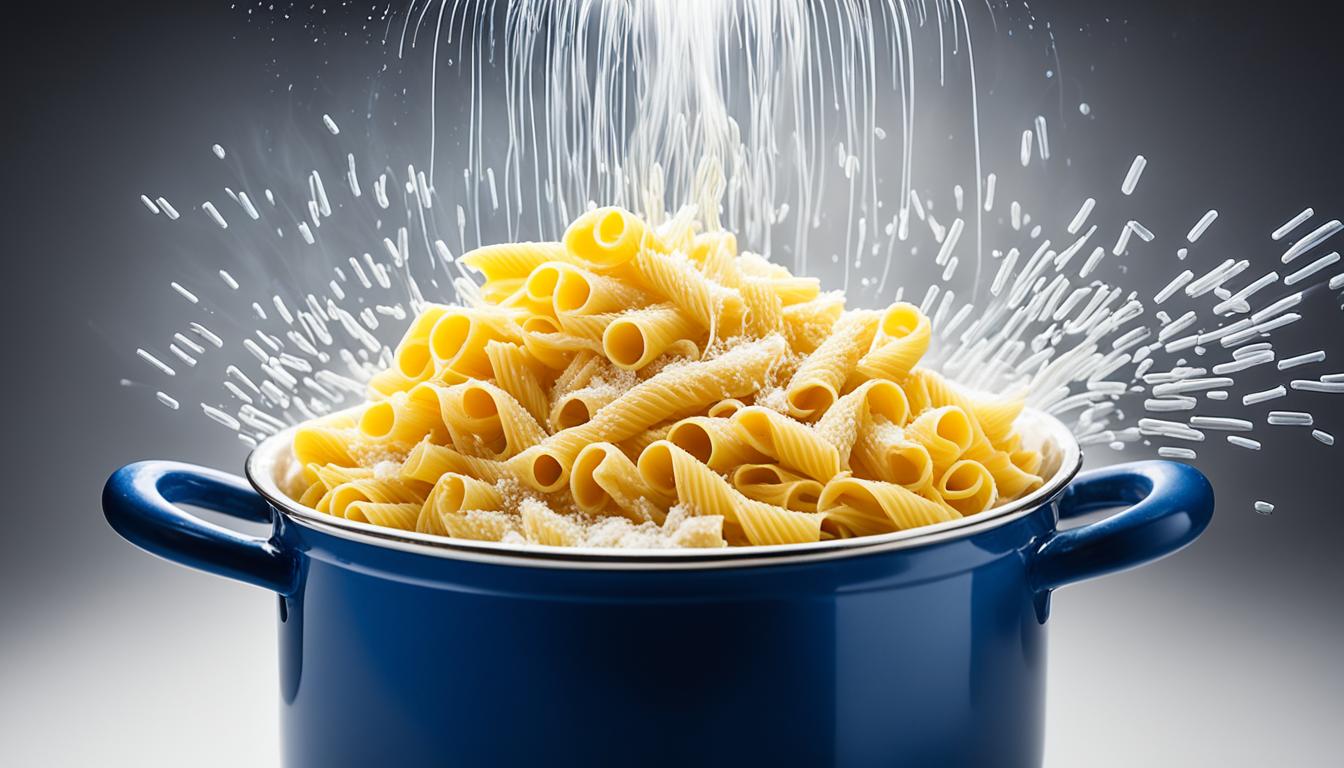Did you know that the starchy liquid leftover from cooking pasta can be the key to unlocking the full flavor potential of your favorite pasta dishes? According to recent tests conducted by the culinary experts at Serious Eats, using pasta cooking water is an essential step for achieving the most cohesive and flavorful pasta-based meals.
Many recipes recommend adding some of this starchy liquid to the pan when finishing off the pasta. This simple act can help bind the pasta and sauce together, create creamy emulsions, and enhance the overall flavor and texture of the dish. The tests showed that pasta cooked in its sauce with some of the starchy cooking water had the most satisfying and well-rounded results compared to other methods.
The starchiness of the pasta water also plays a crucial role, with the starchiest water creating the creamiest and most emulsified sauce. Using pasta water can even allow you to control the cooking time of the pasta, slowing down the final cooking stage when the pasta is transferred to the sauce.
The Importance of Pasta Water
When it comes to creating delicious pasta dishes, the humble pasta water plays a crucial role. This cloudy, starchy liquid leftover from cooking pasta is more than just a byproduct – it’s a culinary superstar that can transform your meals. The starch released from the noodles during cooking is the key to unlocking the full potential of your pasta water.
Binding Pasta and Sauce
The starch in the pasta water acts as a natural binder, helping to seamlessly incorporate the sauce with the pasta. When you add a few splashes of this precious liquid to your sauce, the starch works to create a cohesive and harmonious texture, preventing the sauce from separating or becoming too oily.
Creating Creamy Emulsions
The starchiness of the pasta water also plays a crucial role in developing the perfect creamy emulsion. As the starch interacts with the other ingredients in the sauce, it helps to create a velvety, smooth texture that coats the pasta evenly. The more starch present in the pasta water, the creamier and more emulsified your sauce will become.
Enhancing Flavor and Texture
In addition to its binding and emulsifying properties, pasta water also enhances the overall flavor and texture of your dish. The starch helps the sauce cling to the pasta, creating a more cohesive and delicious final product. Serious Eats found that dishes prepared with pasta water were significantly more flavorful and had a better overall texture compared to those made without it.
does pasta water really make difference
Pasta water is the starchy liquid that results from cooking pasta. The starchiness of the water depends on the ratio of pasta to water used, with a higher pasta-to-water ratio creating a starchier liquid. This starchy pasta cooking liquid is an essential ingredient that can make a significant difference in the quality of the final pasta dish.
Starchy Pasta Cooking Liquid
The starchiness of the pasta water is crucial for binding the pasta and sauce together, creating a creamy emulsion, and enhancing the overall flavor and texture of the dish. When added to the sauce, the starch helps prevent the sauce from separating or becoming too oily, allowing it to cling better to the pasta.
Pasta Water Uses
In addition to helping bind the pasta and sauce together, pasta water can be used in a variety of other ways, such as making homemade bread, cooking beans, and substituting for milk in boxed mac and cheese. The versatility of this pasta water benefits makes it a valuable ingredient to have on hand.
Salting Pasta Water
The pasta water is also salted, so it’s important to taste it and adjust the salt level of the dish accordingly when using it in sauces or other preparations. The salinity of the pasta water can enhance the overall flavor of the dish, so it’s important to consider this when seasoning your pasta recipes.

Maximizing Pasta Water Benefits
To get the most out of your pasta cooking endeavors, it’s crucial to reserve some of that starchy pasta cooking liquid before draining the noodles. The pasta water becomes increasingly starchy the more pasta you cook in it, and this starchiness is the key to unlocking its full potential.
The starchier the pasta water, the better it will be for creating those luscious, creamy emulsified sauces and helping the sauce cling seamlessly to the pasta. We recommend experimenting with different pasta cooking liquid reserving ratios to find the perfect balance of starchiness for your specific needs. Don’t be afraid to play around until you discover your optimal pasta water benefits.
But the versatility of pasta water doesn’t stop there. This invaluable byproduct can also be frozen for future use in sauces, soups, and a variety of other dishes. By taking advantage of this simple step, we can ensure we’re getting the most out of every pot of pasta we cook. Whether you’re whipping up a classic Italian feast or exploring new culinary horizons, incorporating pasta water is an easy way to elevate the texture and flavor of your meals to new heights.
